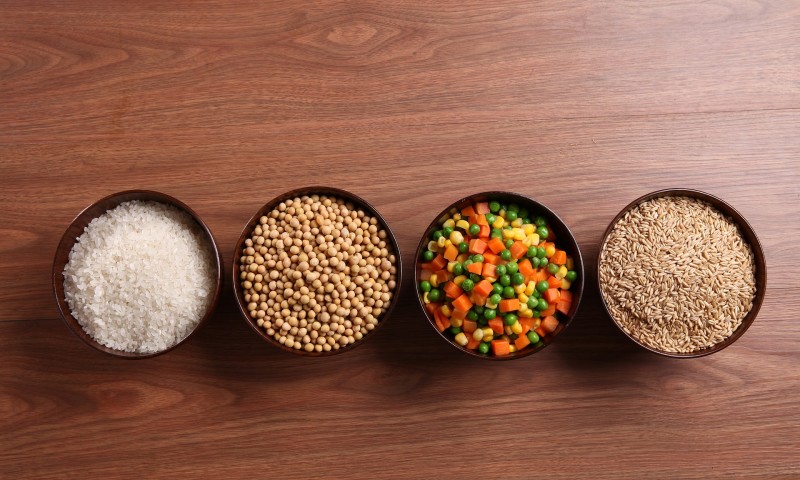Carbohydrates: are they good or bad for you if you’re trying to manage your weight?
This is a common question people ask when weight-loss or weight management is one of their goals – and for good reason, too. A lot of misinformation surrounds this complex nutrient, making it difficult to determine whether or not we want it in our diet.
What are Carbohydrates?
Carbohydrates (or “carbs”) are key nutrients in your body that provide you with fuel to get through the day. In fact, they are your body’s main source of energy! When you eat sugars, starches and fibers, your body breaks down carbohydrates and turns them into glucose. This glucose is then used for energy or energy storage.
Different Types of Carbohydrates
Perhaps much of the misunderstanding surrounding carbohydrates has to do with the “good carbs” vs. “bad carbs” debate. Certainly, some types of carbs are more nutritious for you than others, so let’s have a look at the breakdown.
Simple Carbohydrates
Otherwise known as simple sugars, simple carbs are easily broken down and digested by your body. Milk and fruit are two great examples. On the other hand, they also include refined products such as white bread, white pasta and white rice.
Because they have been processed, these foods typically lack key nutrients your body needs such as fiber. Additional examples of processed simple carbs include candies and other sugars. While they’re high in calories, they’re usually poor in nutrients.
Complex Carbohydrates
These types of carbs give your body energy, fiber and other key nutrients. Your body takes a little longer to digest them. Some standard examples include whole grain pasta, brown rice, whole grain breads and vegetables. Typically, you ought to choose more of these food choices than those containing simple carbs.
Excellent Sources of Carbohydrates
Carbs are essential nutrients because your body needs energy. If you’re looking for healthy ways to incorporate carbs into your diet, consider these example foods:
- Vegetables – Corn, peas, potatoes, etc.
- Fruits – Apples, pears, bananas, etc.
- Whole grains – Pasta, rice, bread and tortillas
- Dairy – Milk and yogurt
Want More Information about Carbohydrates?
Order your FREE copy of the Obesity Action Coalition’s (OAC) Your Weight Matters Health and Wellness Guide!






